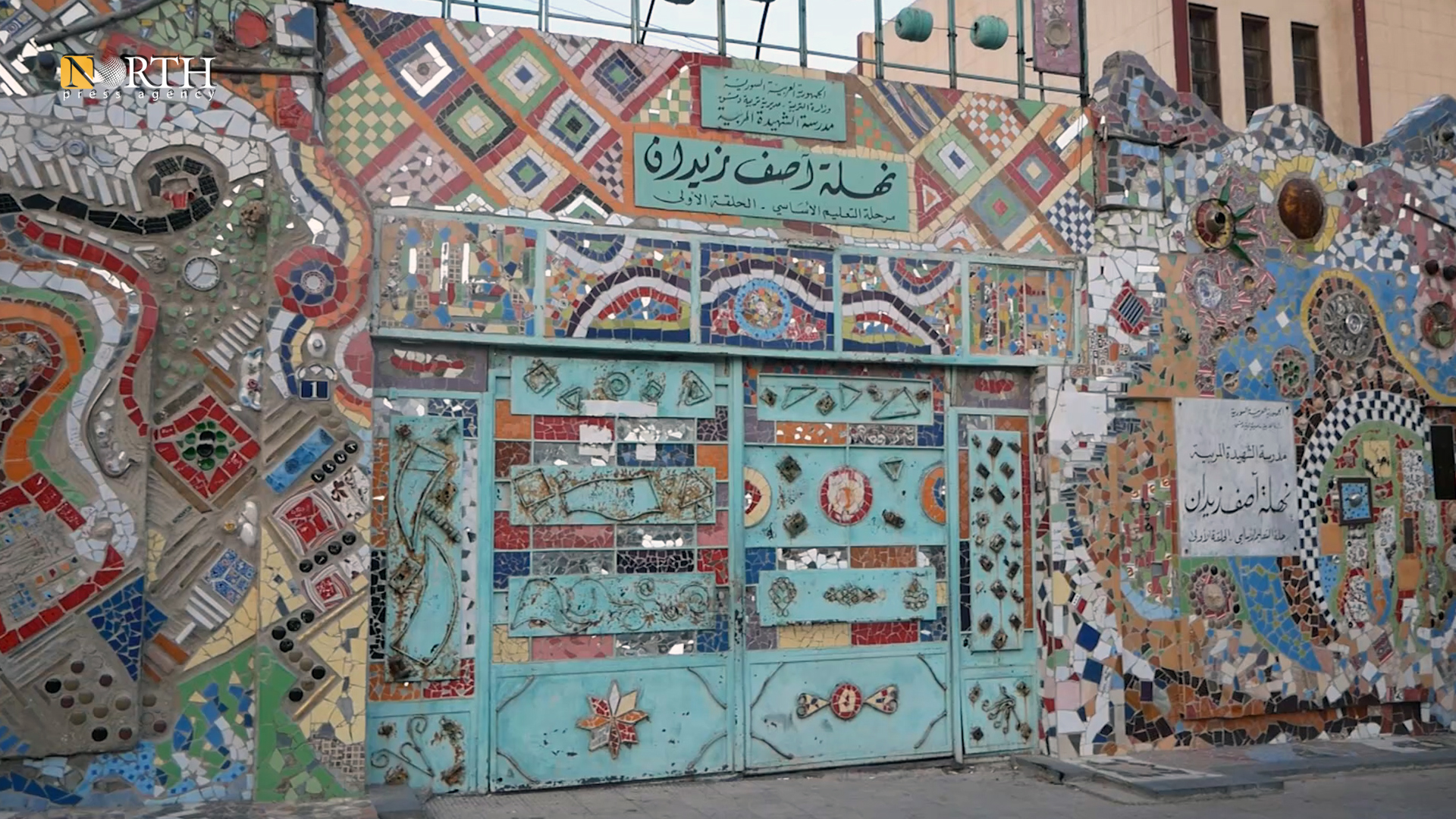DAMASCUS, Syria (North Press) – Residents of the Syrian capital Damascus attributed the decisions to close schools and suspend government institutions and universities’ academic years to economic reasons, the most prominent of which is the fuel crisis, and not only to the increasing numbers of coronavirus infections in the country as the government claims.
Contradictory statements
On Saturday, the Ministry of Education ended the school days in elementary schools and delayed sixth to eighth grade exams to a date to be determined later.
Meanwhile, it shortened the second semester of the tenth and eleventh classes and set the date for examination on April 25, to be finished on April 29.
On Monday, the Syrian Ministry of Higher Education suspended the academic year in the public and private universities and institutions.
The decision was issued a week after the Syrian Minister of Education, Darem Taba’, said, “Closing schools will not decrease the number of infections.”
“The educational process continues according to preventative health measures, and it is under control,” he told state media.
The number of the coronavirus infections in schools in Damascus government-held areas has exceeded 2,000 since early 2021, according to a source from the School Health Directorate in the Syrian Ministry of Education.
Crowded lines
However, numbers of Damascus residents denounced the school closings and suspension of school days, fearing the pandemic’s spread among long queues for oil and bread.
“I wait more than ten hours in order to get 20 liters of benzene without implementing the minimum preventative measures against the pandemic,” a taxi driver said.
It is worth mentioning that all Damascus government-held areas are witnessing a fuel shortage and transportation crisis, in conjunction with electricity rationing and increasing prices of fuel in the black market.
Meanwhile, a young man in Mazah in Damascus expressed his anger regarding the government’s methods in tackling the residents’ issue, saying, “Lines in front of the bakeries are enough to spread coronavirus among people.”
Increasing infections
A professor in the Education College in Damascus University wondered about the government plan to compensate missed lessons for students.
“[Lessons] will not be compensated; if the government wanted to prevent missed education it would have informed schools about the decision before releasing it,” he told North Press.
Damascus government-held areas are witnessing a noticeable increase in the numbers of infected people with coronavirus, amid warnings regarding a total collapse of the Syrian healthcare system.
On Tuesday, the Health Ministry recorded 115 new coronavirus infections in Syria including 118 recoveries and 9 deaths.
“The current outbreak of coronavirus in the government-held areas is worse than that in the summer time and the first peak in July last year,” according to press statements by a government team concerned to counter the coronavirus pandemic.
“The number of infections has been sharply spiking for a month and all hospitals are full, making it hard to find an available ventilator there,” a member from the government team said on condition of anonymity.
He pointed out, “Treatment protocol everyday changes and it is no longer useful with the third mutation of the virus, to use the same previous medicines.”
An oncologist working in Ibn al-Nafees Hospital, who preferred not to be named, warned of the continuation of festivals and gatherings such as the shopping festival, weddings, and funerals, without any restrictions.
The doctor believes that “this will lead Syrians to a fourth peak that will affect most of the country.”
“It is too early to talk about the impact of closing schools and universities on the number of infections, because this happened few days ago,” he added.

